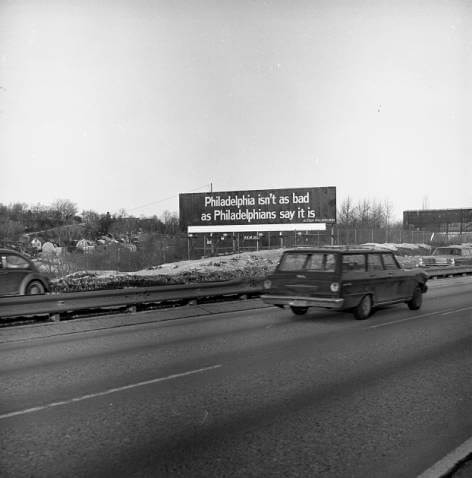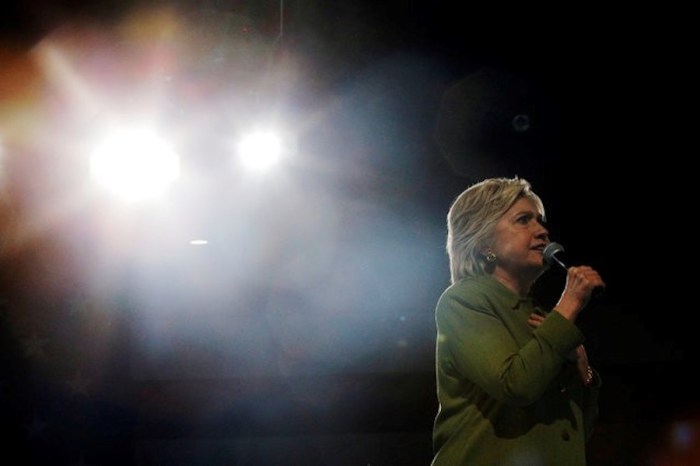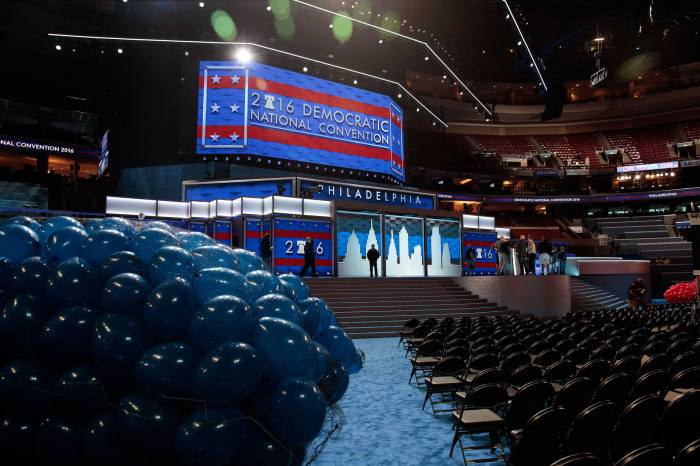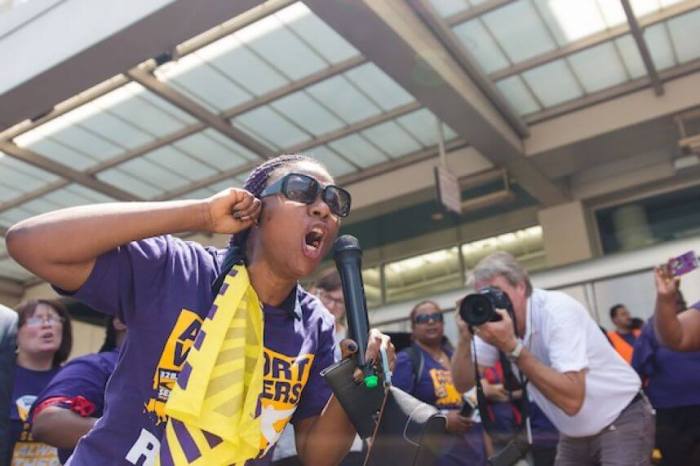Sometimes, art is better than life. We don’t expect much drama at this week’s Democratic National Convention. If you’re looking for that – perhaps along with comedy and romance – your best bet may be to check out a classic political movie. Here are five of our favorites: Mr. Smith Goes to Washington (1939): Frank Capra’s masterpiece is an engrossing fable about the naïve young hick who is appointed to the Senate and winds up being sharper than the corrupt pols trying to bring him down. Jimmy Stewart’s at his peak as young Jefferson Smith. His 24-hour filibuster, ending with the emotional speech about fighting for lost causes, will make you want to retake that junior high civics class you slept through. The Candidate (1972): It came out three years after Joe McGinniss’s classic book, “The Selling of the President, and similarly shows how candidates are packaged and sold like breakfast cereals. Robert Redford plays the Democratic Senate hopeful from California with no chance of getting elected – until he is. At the victory party, he pulls his chief advisor (Peter Boyle) in a side room to ask the question many upset winners have asked over the years: “What do we do now?” RELATED LINKS: Craig’s List ads could help Phillies sell players
The American President (1995): Think of this as Aaron Sorkin’s test run for “West Wing,” with Michael Douglas playing the principled young chief executive and Martin Sheen – not as Pres. Josiah Bartlett, but as Douglas’s chief of state. The movie effectively shows the wheeling-and-dealing needed to get anything done in Washington. And, in the romance between Douglas and Annette Bening, it shows how a high-office holder loses any chance to do normal human things. Douglas tries to order flowers himself, and is told by aides that his credit cards are, “in storage in Wisconsin with the rest of your personal items.” The Contender (2000): You think politics gets dirty these days? Check out this powerful drama in which Joan Allen plays a senator appointed by the president (Beau Bridges) to fill out the term of the deceased V.P. But congressional leaders, headed by Gary Oldman, aren’t quite ready for a woman in that role. So they turn the confirmation hearings into a circus focusing on her (supposed) sexual encounters, rather than her record or beliefs. All this before Twitter and the explosion of cable news. Lincoln (2012): Not your typical look at one of our Mt. Rushmore visages. Steven Spielberg’s Honest Abe (Daniel Day Lewis) has noble goals, but also the wisdom to know how to grease the machine. He wins consensus on freeing the slaves by cajoling, bullying and promising jobs when necessary. The movie’s payoff comes when Tommy Lee Jones, as aging abolitionist Thaddeus Stevens, retires to bed with his black lover and hands her the newly enacted Emancipation Proclamation. “The greatest measure of the Nineteenth Century,” he says, pulling off his wig. “Passed by corruption, aided and abetted by the purest man in America.”
Glen Macnow, Ed Rendell pick their favorite political movies
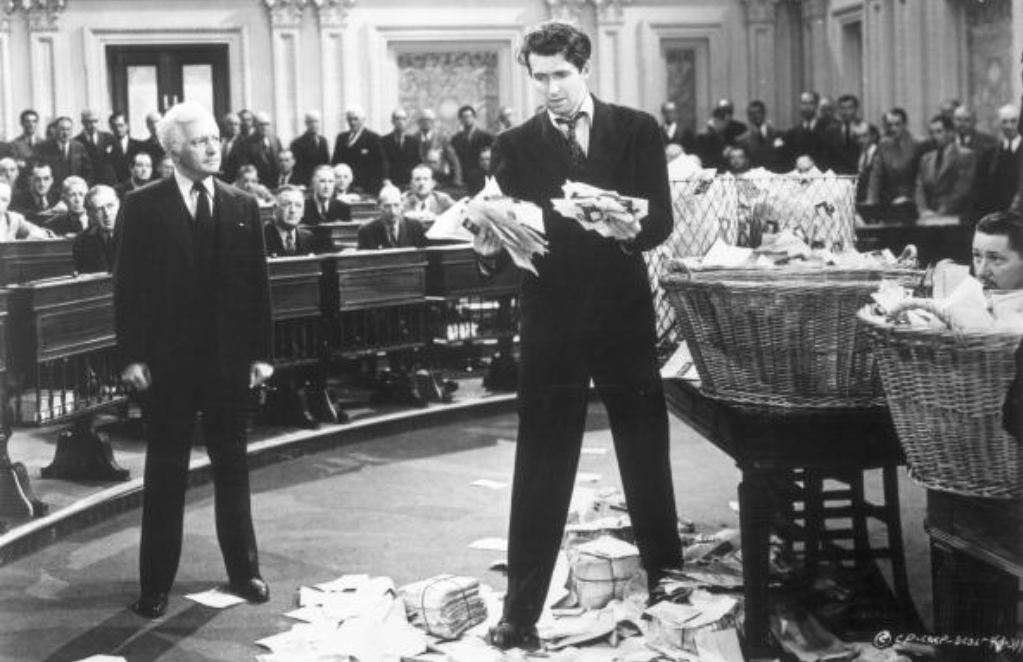
Getty Images








